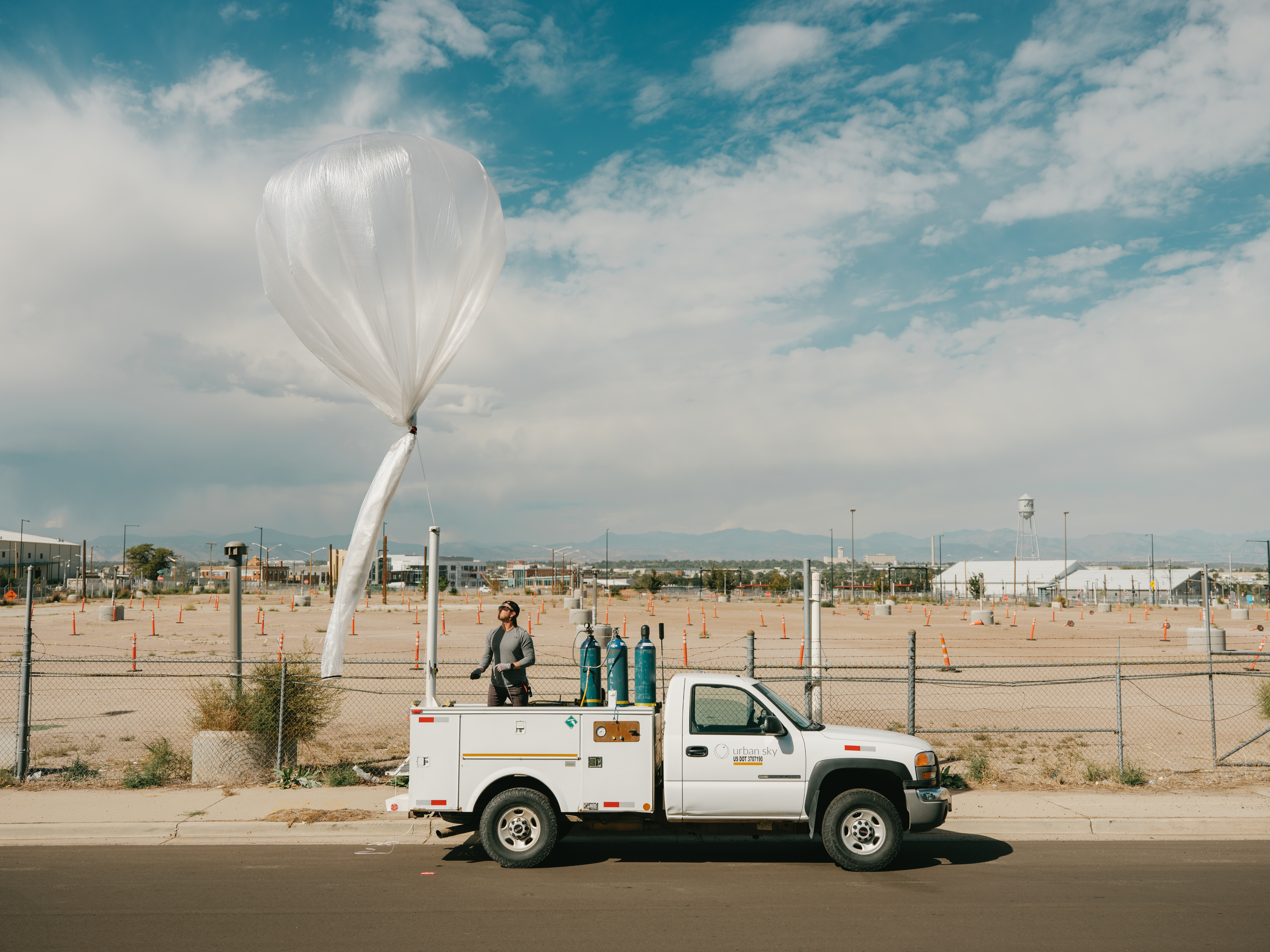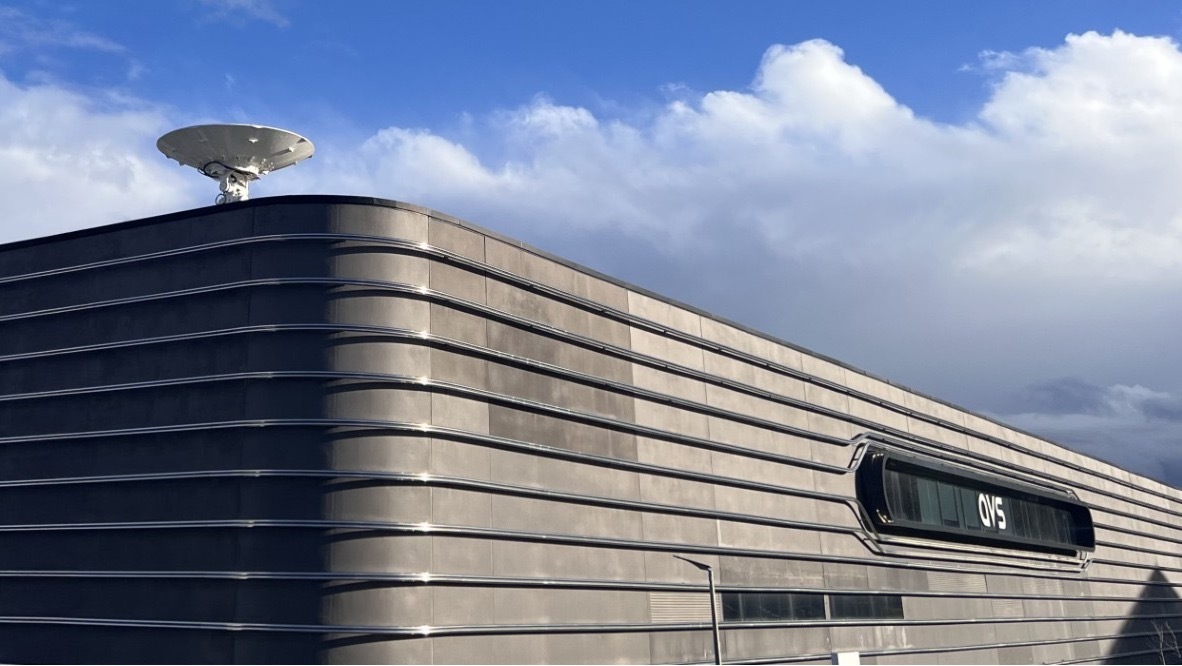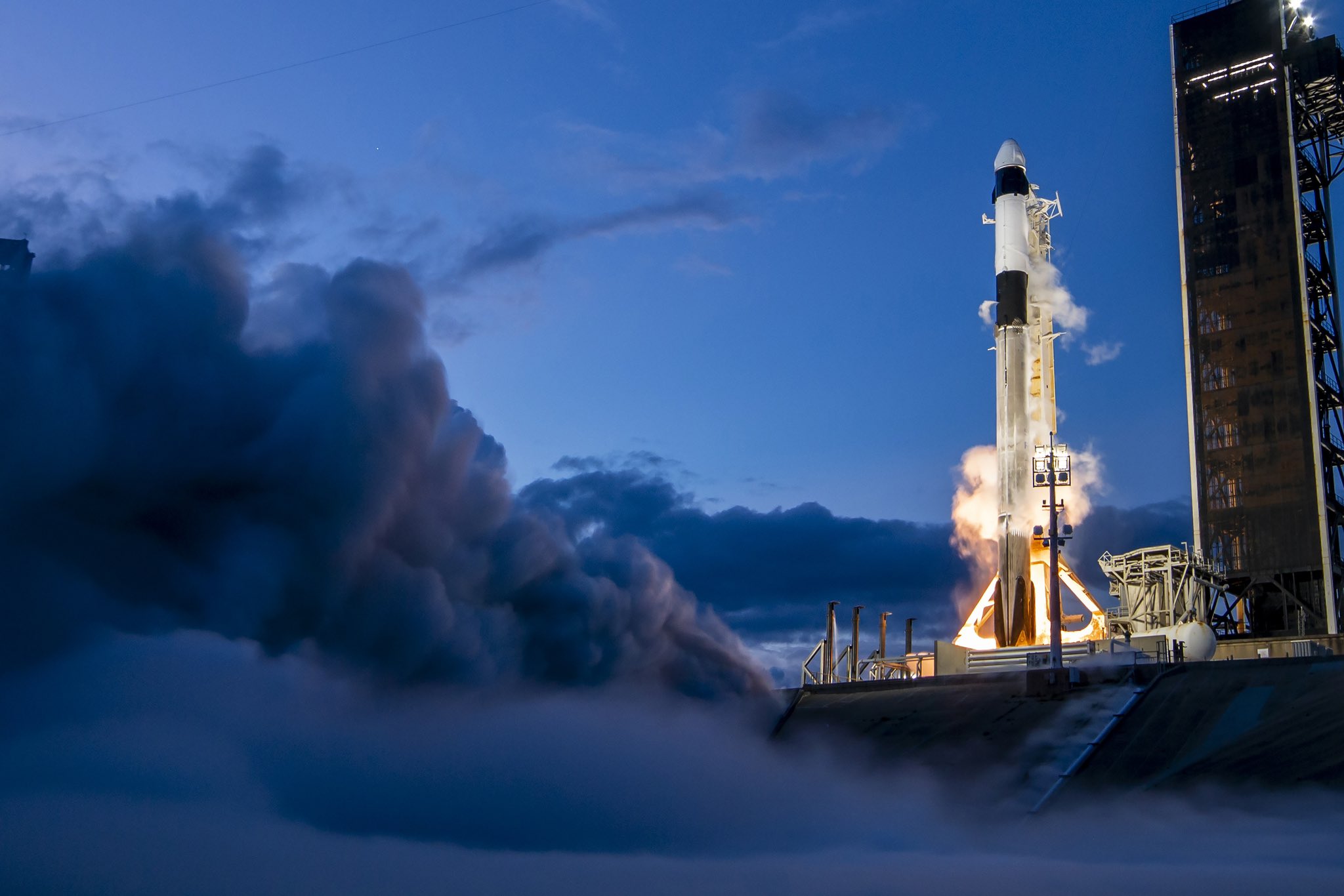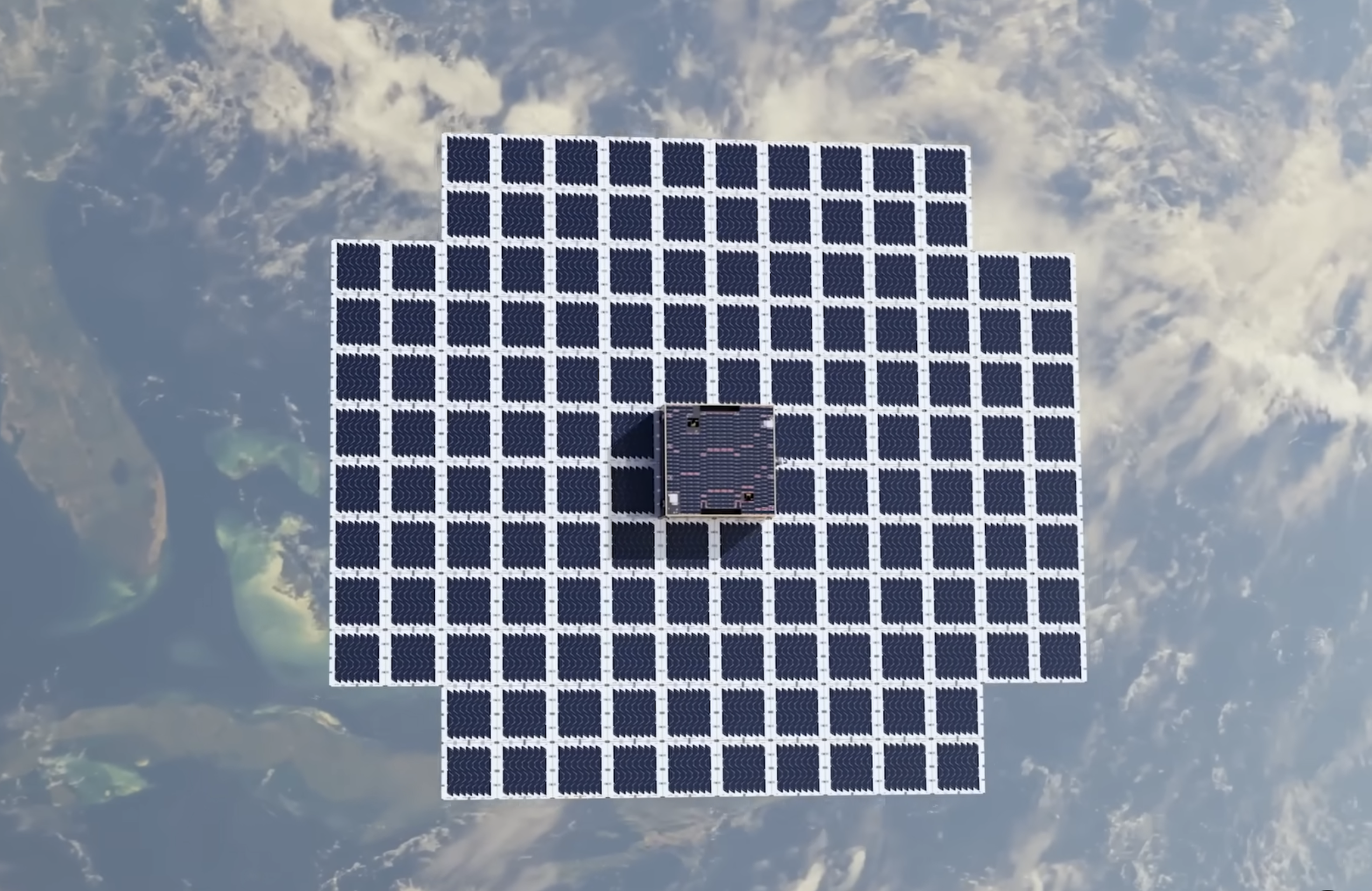Jack Kuhr
New Satellite Constellation Companies are in Decline
The number of new satellite constellation businesses has sharply declined over the past decade as the space market matures and new startups struggle to find angles to differentiate.
The Highway to Mars
Five years ago, Adalberto Roca drove down the barren stretch of Texas highway from downtown Brownsville to Boca Chica Beach to start his first day of work at SpaceX building Starship rockets bound for orbit—and, one day, Mars.
BlackSky’s Gen-3 Sat Enters Orbit, Company Lands String of Contracts
BlackSky launched its first Gen-3 Earth observation satellites aboard Rocket Lab’s Electron rocket yesterday, adding higher-resolution imaging to its data offerings.
Direct-to-Cell Pricing Revealed, Market Impact: Analysis
The most exciting moment of Sunday’s Super Bowl was finally getting concrete direct-to-cell pricing numbers.
Blue Ghost Completes Trans Lunar Injection, Prepares for Landing
After spending three weeks in a highly elliptical Earth orbit, Firefly’s Blue Ghost lander is finally on its way to the Moon, having successfully completed its critical lunar insertion burn on Saturday.
Urban Sky Nabs $30M for Stratospheric Balloons
Urban Sky raised a $30M Series B led by Altos Ventures to advance its balloon technology, the company announced this morning.
AVS Secures ESA Study for Dark Matter Probe Platform
Added Value Solutions (AVS) won an ESA contract to advance the design and development of its satellite platform for the ARRAKIHS dark matter astrophysics mission.
Estimating SpaceX’s 2024 Revenue
Payload is back with our SpaceX revenue breakdown. In 2024, we estimate SpaceX’s revenue reached $13.1B in 2024, up from $8.7B in 2023. Business line estimates:
AscendArc Raises $4M for its Small GEO Sats
AscendArc emerged from stealth this morning with $4M in funding to develop small GEO communication satellites.
AST SpaceMobile Announces $400M Convertible Notes Raise
AST SpaceMobile is raising $400M through convertible notes to continue building out its BlueBird constellation, the company announced on Wednesday.
US Launches 122 Defense Payloads in 2024, Europe Launches 1
The US launched 122 defense payloads in 2024, surging 184% YoY, according to data compiled by astronomer Jonathan McDowell. The upswing was driven by the National Reconnaissance Office’s deployment of 106 SpaceX and Northrop-built Starshield remote sensing recon satellites.
Stoke Secures $260M Series C For Its 100% Reusable Rocket
Stoke Space raised $260M to continue developing its fully reusable Nova rocket and to complete the build out of its launch pad, the company announced yesterday.











